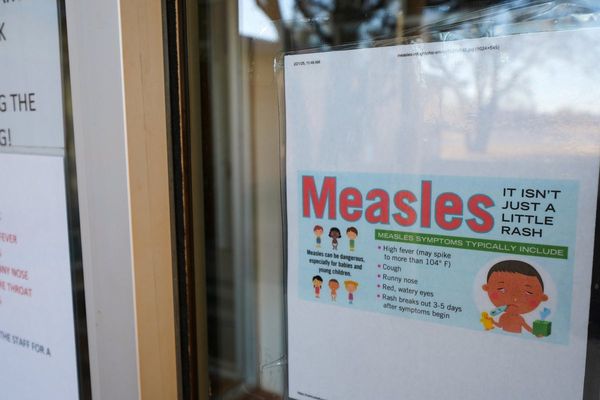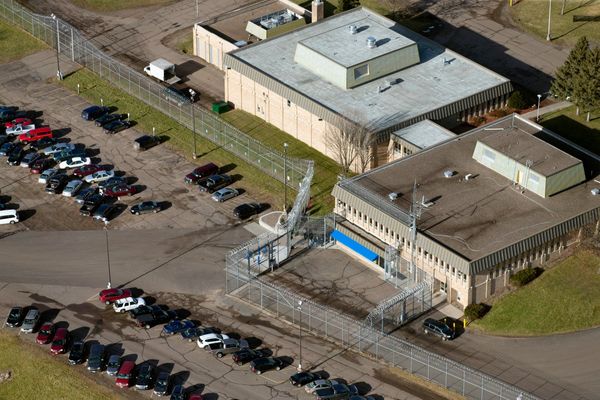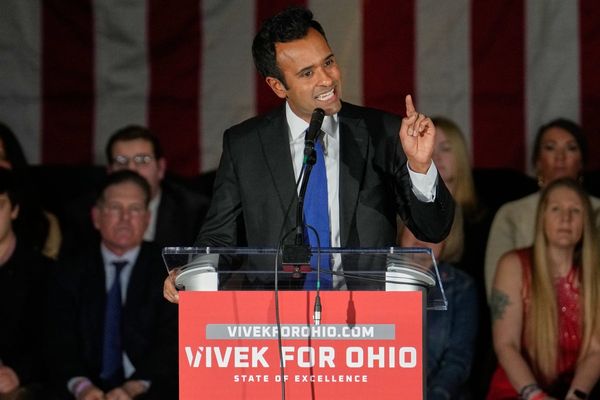An Irish journalist plumbs the depths of modern Irish society, from its all-powerful priests to its corrupt politicians.
"We Don't Know Ourselves: A Personal History of Modern Ireland" by Fintan O'Toole; Liveright (672 pages, $32)
———
I lived in Ireland on and off from the 1950s to the 1970s, and outside of the Irish Times columnist Myles na gCopaleen, I don't know another writer who has so perfectly captured the mentality that prevailed during those years as Fintan O'Toole does in "We Don't Know Ourselves: A Personal History of Modern Ireland."
Of course O'Toole deals in facts, while Myles, who died in 1966, was a comic writer and surrealist. His columns were exuberant, satiric celebrations of Irish habits of thought, among them delusion, euphemism, hypocrisy, craftiness and rogue logic — just the sort of tricky thinking that makes up what O'Toole calls the Irish "genius for knowing and not knowing at the same time."
Tracing the course of the nation from 1958, the year he was born, into the 21st century, O'Toole shows with devastating detail how the Irish people's willfully blind, secretive disposition shielded them from acknowledging what was going on all around them. Further sustained by official and self-imposed censorship, this included the brutalities of the Industrial Schools, Magdalene Laundries and the Christian Brothers-run schools; the sexual abuse of children by the clergy; and massive fraud on the part of politicians, bankers, property developers and a few other big bugs. Add to this a cruel, thoroughgoing misogyny and the atrocities of the Troubles — and the land of smiling eyes and Mother Machree is wiped off the map.
In 1958, The Irish Republic was one of the poorest countries in Western Europe, devitalized by emigration and kept docile (and fecund, thanks to the banning of contraception) by the Church. O'Toole brings us from the modernizing steps initiated in 1958 when Ireland finally welcomed foreign, especially American, investment, to such later improvements as providing free secondary education in 1966. This last, for O'Toole, son of a bus conductor, was "much more revolutionary than any Rising," and influenced his life "more than any other political act." As it happens, 1966 also marked the 50th anniversary of the Easter Rising — its celebration strictly censored and purged of socialist taint.
This powerful book is a lucid, highly informative amalgam of memoir, national history, economic, social and cultural observation, and behind-the-scenes political intelligence. O'Toole is superb in describing how a nation of steadfast unknowers remained determinedly oblivious to the mind-boggling cover-ups, scams, property speculations and financial schemes that brought down both the Church and the economy.
He is also a sure guide to the dirty dealings and complexities of the Northern Ireland conflict. His narrative has the color and movement of a novel, with subplots and villains aplenty. Two of the latter stand out in all their grotesquery: Archbishop John Charles McQuaid: imperious and all powerful, shuffling predators from parish to parish and ferreting out occasions of sin by examining ladies underwear ads with a magnifying glass; and Taoiseach Charles Haughey, whose "mastery of hypocrisy was mesmerizing, exquisite, magisterial," as were his vast peculations, rackets and frauds. Like so much in this great work: You simply couldn't make it up.
———
Katherine A. Powers, a Minnesota native, also writes for the Washington Post and the Wall Street Journal.







